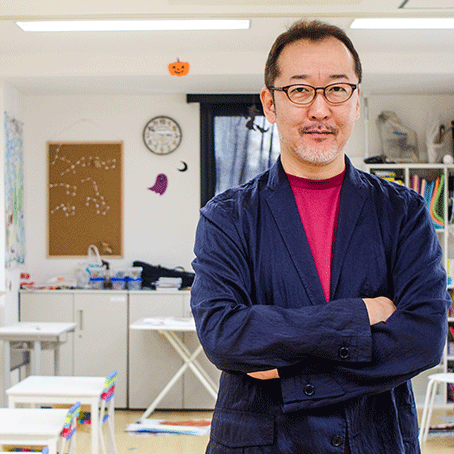

Kaoru Takeuchi - Science Writer

Kaoru Takeuchi
Science Writer
Science Writer
The dream machine
Why do people compete to be the fastest? When Yoshihide Kiryu was clocked at 9.98 seconds in the 100-meter dash, Japan was a whirlwind of excitement. Is a time of 9.98 so much better than 10 seconds?
Actually 10 seconds is a very good time, but in Japan the figure represented an insurmountable barrier. As we know, an athlete’s ability has a lot to do with heredity and genes. Kiryu broke the barrier by combining his advantages in these elements with hard training, technique, and high-tech shoes. His achievement has a special meaning.
The same competitive principles apply in the world of science. A discovery or invention only goes to the person who finishes first. You are not the discoverer if you are in second place. And you are not the inventor—that is you cannot apply for the patent—if you come in second.
We are in the midst of the fourth industrial revolution. AI, robots, big data and IoT portend an “ultra-computational society” within the next few decades. Just as we dreamed of breaking the 10-second barrier, we have high expectations for the post-K supercomputer. Will we have the capacity to continue running alongside the world’s top competitors? The post-K computer is in a race that will decide whether Japan sinks or swims. Go for it, post-K!

